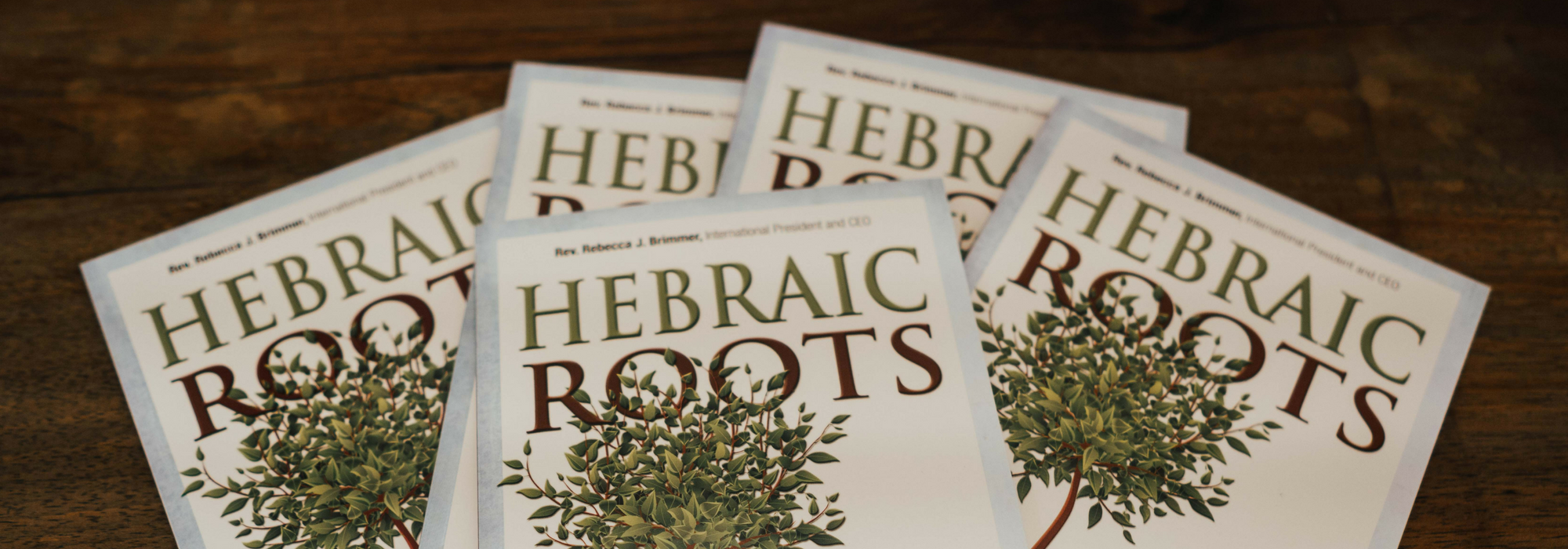
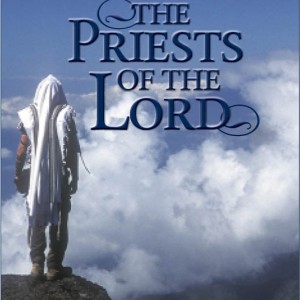
{image_1}There will always be priests. “If you can break My covenant with the day and My covenant with the night, so that there will not be day and night in their season, then My covenant may also be broken with David My servant…and with the Levites, the priests, My ministers” (Jer. 33:20–21). Since the sun still shines and the moon still rules over the night, this promise still stands.
Continue Reading »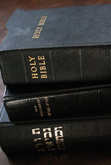
{image_1} Often in my travels, I encounter churches and Christians who talk about being “New Testament” believers. At first this sounds wonderful, but upon further reflection, this phrase can be a repudiation of the Hebrew Scriptures, which Christians call the Old Testament and Jews call the Tanach. Many who view the Hebrew Scriptures as no longer valid use allegory to explain Scriptures, ascribing a meaning other than the plain one. As you can imagine, this can significantly change the interpretation.
Continue Reading »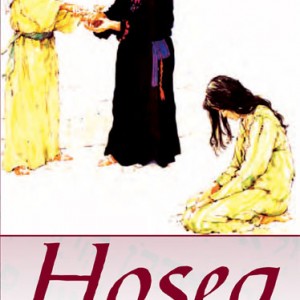
It seems that everyone is talking about it: newspapers, magazines, the Internet—everyone is focusing on the difficult times that are engulfing the world. {image_1}Suicide is dramatically on the rise worldwide, as people are overwhelmed with financial and moral issues that seem hopeless. As Bible believers, however, we know where to find answers to today’s most difficult questions. Through the ancient prophets, the same God who spoke to Abraham and Moses face to face is speaking to us today. Their messages, delivered millennia ago, are meant to be a guide book for those of us who are living today in what many are calling “the birth pangs of the Messiah.”
Continue Reading »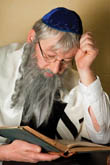
{image_1}When I first heard about Greek and Hebrew thinking, I found it confusing because I was an American and was sure I didn’t think in either Greek or Hebrew. I read my Bible not understanding the thinking patterns of the writers who were Hebrews living in a biblical culture. I eventually learned, however, that the Western civilization I grew up in more closely resembles Greek or Hellenistic thinking, and that the differences between Greek and Hebrew touch every area of life.
Continue Reading »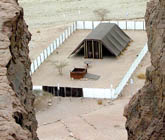
{image_1}Although myriads of scholars have studied it, hundreds of authors have written about it, and generations of Bible believers have tried to make sense of it, few things in Scripture remain as misunderstood as the sacrificial system. The Torah (Gen.–Deut.) spends a great deal of time instructing the Israelites in the parameters of animal sacrifice to be performed in the Tabernacle and later in the Temple. Whether in dealing with various minor sins, the birth of a child, or celebrating the deliverance of the Lord, sacrifice was an integral part of the everyday life of ancient Israel.
Continue Reading »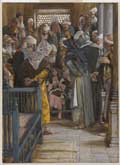
{image_1}One of the main reasons for Christians to be interested in the Hebraic Roots of Christianity is the fact that we serve a Jewish Savior. As Christians, we often talk about our love for Yeshua (Jesus). If we really love Him, then it seems obvious to me that we will want to know everything we can about Him.
Continue Reading »
{image_1} Today, Israel is in critical need of faithful intercessors. According to David Nekrutman, executive director of the Center for Jewish–Christian Understanding and Cooperation, it is a subject on the minds and hearts of both Christians and Jews.
Continue Reading »{image_1} The Bible uses many illustrations from everyday life to explain the character and nature of God and our relationship with Him. Often deep spiritual truths are communicated by use of symbols which were commonplace in biblical times. However, we live 2,000 years after the time of Yeshua (Jesus) and 3,500 years after the times of the kings and prophets and are so culturally removed from their reality that often we miss rich insights.
Continue Reading »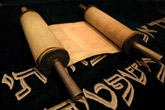
{image_1} Of the 66 books in the Christian Bible, 39 (Genesis–Malachi) are called the Tanach by the Jewish people. Tanach is an acronym for three Hebrew words: Torah (Gen.–Deut.), Neviim (Prophets), and Kotvim (historical and poetry books, sometimes referred to as Writings). Written in Hebrew and Aramaic (the book of Daniel), they comprise the Bible of Yeshua (Jesus), the disciples, and the early Church.
Continue Reading »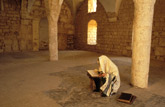
{image_1} Prayer is a precious privilege and a sacred obligation, one that should be exercised, cultivated, and developed by every believer and community of faith. A study of Jewish prayer can illuminate and enrich our understanding and practice of this “service of the heart.”
Continue Reading »All logos and trademarks in this site are property of their respective owner. All other materials are property of Bridges for Peace. Copyright © 2024.
Website Site Design by J-Town Internet Services Ltd. - Based in Jerusalem and Serving the World.